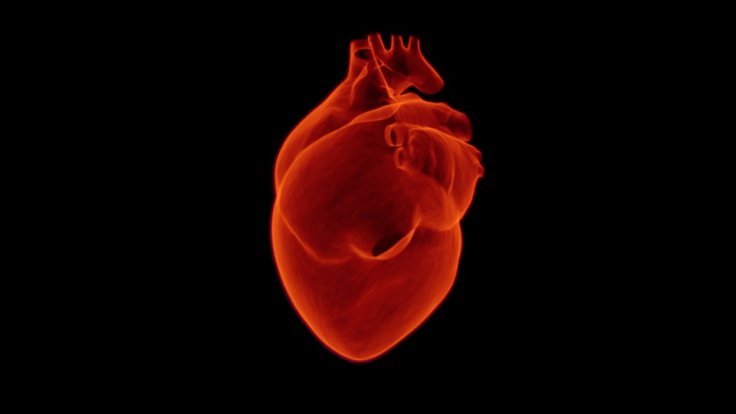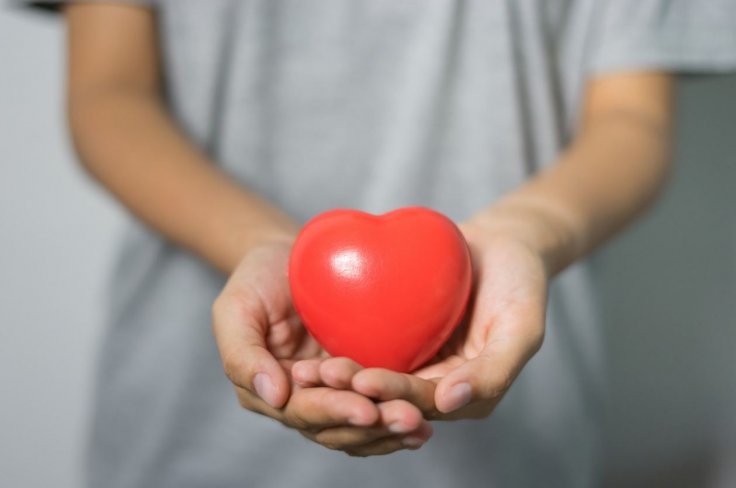Cardiovascular or heart disease (CVDs) is the leading cause of death across the world. Heart attacks resulting due to CVDs can cause death, and severe damage to cardiac muscle — a muscle that forms the wall of the heart — in survivors. However, researchers claim that they have discovered stem-cell activated mechanisms that promote healing after a heart attack.
According to the study by researchers from Mayo Clinic, stem cells were found to reverse the damage and restore cardiac muscle back to its condition before a heart attack. Human cardiopoietic cells obtained from stem cells within the bone marrow were found to hone in on damaged proteins and reverse intricate changes that a heart attack caused.
"The response of the diseased heart to cardiopoietic stem cell treatment revealed development and growth of new blood vessels, along with new heart tissue," said Dr. Kent Arrell, first author of the study, in a statement.

Studying the diseased hearts of mice
For the study, the researchers examined the diseased hearts of mice. The hearts of mice that received human cardiopoietic stem cell therapy were compared with those of that did not. Nearly 4,000 cardiac proteins were identified using a data science technique to map proteins found in the cardiac muscle. Over 10 per cent of the discovered proteins were found to suffer damage as a result of a heart attack.
"While we anticipated that the stem cell treatment would produce a beneficial outcome, we were surprised how far it shifted the state of diseased hearts away from disease and back toward a healthy, pre-disease state," said Dr. Arrell.
Reversal of damage caused by a heart attack
While the organs in the human body have the ability to repair their damaged cells, they may be unable to restore the loss entirely, and this holds good for cardiac cells as well. Dr. Andre Terzic, senior author of the study, said: "The extent of change caused by a heart attack is too great for the heart to repair itself or to prevent further damage from occurring."

He explained that upon the administration of cardiopoietic stem cell therapy to mice, a partial or complete reversal of nearly two-thirds of the damage caused by a heart attack was noted. Around 85 per cent of all cellular functional categories struck by the disease responded favorably to the treatment.
Potential to guide stem cell therapy in the future
According to the World Health Organisation (WHO), CVDs claim nearly 18 million lives every year, which translates to 31 per cent of all deaths. The findings of the study provide an improved understanding of the restoration of heart health using stem cells and provide a framework for wider utilization of stem cell therapy for the treatment of various conditions.
Stressing that the actual mechanism behind the repair of diseased organs by stem cells is poorly understood, Dr. Terzic added: "This study sheds light on the most intimate, yet comprehensive, regenerative mechanisms ― paving a road map for responsible and increasingly informed stem cell application."









